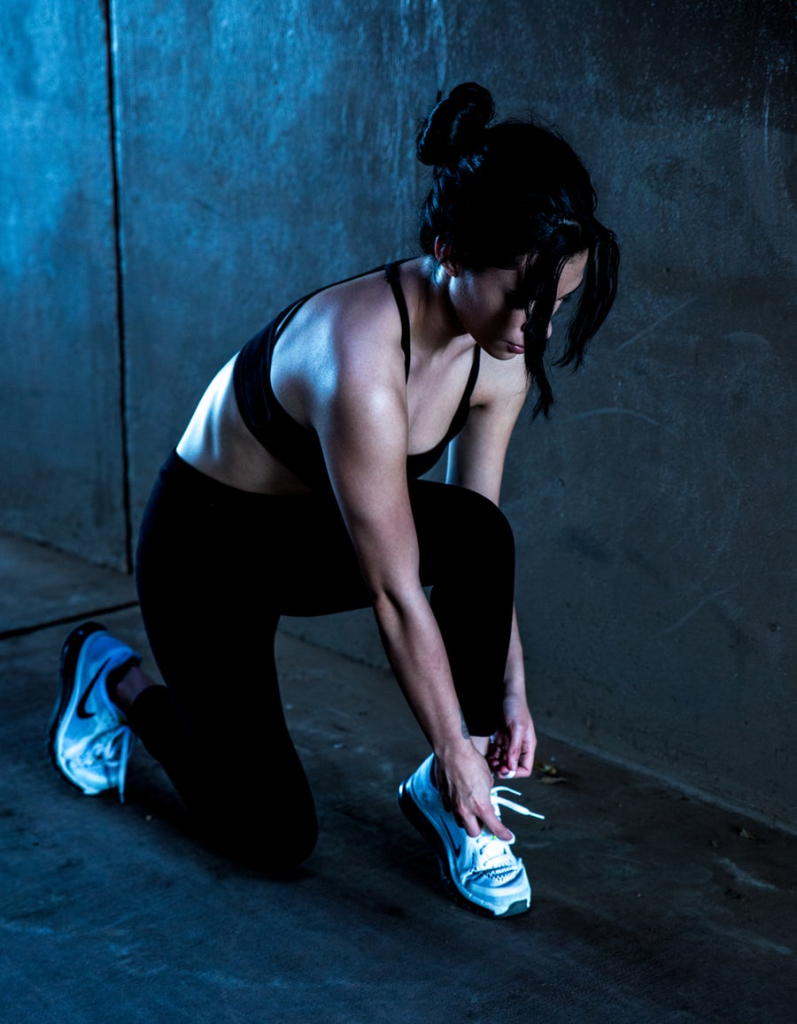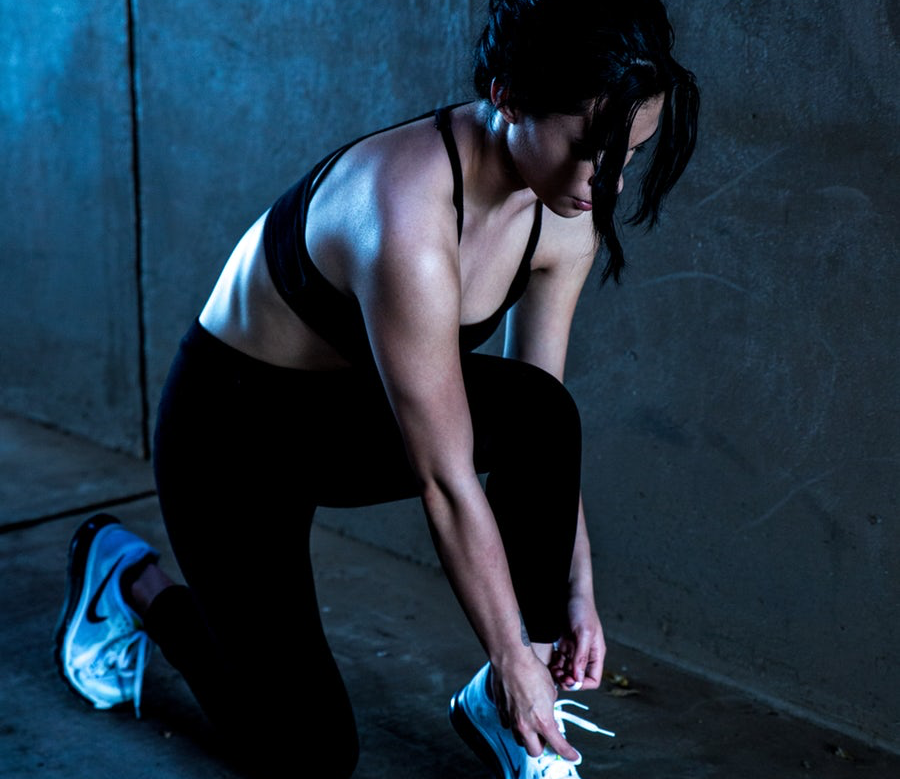
You may have heard that you can make or break your workout depending on your diet. There’s so much conflicting information out there that it can be overwhelming to figure out what the best approach is. Read on to discover the best foods to eat before, during, and after exercise.
Pre-Exercise
A moderate amount of carbs is the perfect pre-workout food. Nancy Cohen, a professor in the department of nutrition at the University of Massachusetts in Amherst recommends consuming 1-4 grams of carbs per every 2.2 pounds of body weight if you’ll be working out for longer than an hour.
To give an idea of what this may entail – a medium sized banana contains 27 grams of carbohydrates.
It’s best to eat 1-4 hours before working out.
“By eating carbohydrate-rich foods that are low in fat and low or moderate in protein, you can make sure you have enough muscle glycogen as fuel for your physical activity. This might include low-fat granola bars, fig bars, a peanut butter and jelly sandwich, banana, yogurt, pasta or other high-carbohydrate foods,” Cohen said.
“Sufficient fluids are also important,” she said. “In general, you can consume 5 to 10 milliliters of water per kilogram of body weight in the two to four hours before a workout.”
However, if you prefer to workout first thing in the morning, there’s plenty of debate on whether you should eat anything before exercising.
Eating breakfast before or after a workout becomes more of a personal choice, but exercising on an empty stomach is not a healthy habit.
It’s best to, at the very least, have a cup of coffee, a banana, or slice of toast before exercising in the morning.
You should always listen to your body and make sure you’re getting enough fuel to go about your day with a sufficient amount of energy.
During Exercise
Hydrating is the most important thing to do during a workout. If your workout is under 45 minutes, you should be good with fluids alone. Solid food can upset your stomach and create discomfort.
Post-Exercise
Protein is your best bet after working out.
“After long or very high-intensity workouts, consuming 1 to 1.2 grams of carbohydrate per kilogram of body weight per hour for four to six hours, along with 15 to 25 grams of protein within the first hour after exercise, will replenish muscle glycogen stores as well as support muscle protein synthesis,” Cohen said.
Generally, rehydrating with fluids, repairing with protein, and refueling with carbs is the way to go after a workout.
“After lighter workouts, eat a well-balanced meal — including high-quality protein and carbohydrates — within two to three hours after finishing, and drink enough fluids to replace losses,” Cohen added.

